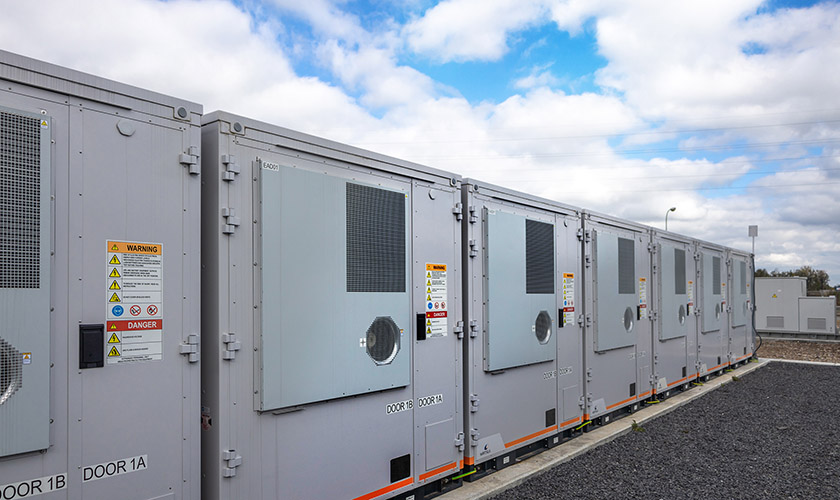Although the supply of renewable energy is volatile because sometimes the sun doesn’t shine or the wind doesn’t blow, utility-scale batteries can smooth supply by storing excess energy at peak renewable generation times and discharging it when needed. Yet some European countries continue to have restrictions on the deployment of batteries and their optimisation in the markets.
BESS is an essential tool that will enable us to decarbonise Europe. Activity in the global and European BESS market has increased significantly over the past year and we are seeing projects being developed across all our European core markets. That’s in part because batteries are based on mature technology and can be rolled out right now to support the energy transition. We have already invested heavily in the technology and our aim is to build one of the largest continental European BESS portfolios.
The challenge facing the industry, however, is that the regulatory environment in many European countries is poorly designed to attract large-scale investment and, in many cases, hampers connection to the grid. Politicians must now seize the opportunity to develop not only consistent regulations but also long-term incentives for battery storage.
There is an urgent need for a Europe-wide implementation of the regulatory definition of energy storage and the sector needs exemption from grid charges to encourage its development. Harmonisation of licensing rules for the co-location of storage with PV and wind generation is also badly needed.
The UK has already shown the way with regulations that have encouraged battery development and installation so that the country now has an installed capacity of utility-scale batteries equal to that of the whole of the EU. And it continues to develop the sector at pace, with a pipeline of more than 30 GW of battery capacity under development.
With few batteries so far installed in the EU, excess renewable energy is often lost and gas and, even worse, coal-fired power plants are all too frequently used to fill the gaps in supply. This needs to change for Europe to achieve net zero carbon emissions and improve energy security by reducing reliance on imported fossil fuels.
Some countries, like Belgium, have already taken big steps to follow the UK’s example and nations are increasingly changing regulations in order to encourage investment in BESS. But while each country continues to treat the issue differently, investors are forced to take a selective approach rather than simply investing large sums in European battery solutions.
Lithium-ion battery technology, which is favoured for these large-scale batteries, has developed rapidly in recent years and is the most competitive storage technology for a scalable roll-out.
For example, our large-scale BESS in Belgium could currently store enough energy to power 60,000 homes for four hours and this makes it a viable technology as well as an attractive investment proposition. It is an ideal partner for solar production and daily storage needs but within the next decade we expect renewables penetration to exceed 80 % and that will require longer duration storage technologies which could be hydrogen.
Europe has set clear goals for the energy transition and whether it is encouraging investment in batteries or speeding up the permitting process for new wind farms and solar parks, regulators must move quickly if we are to achieve them. Battery technology is already well advanced, and investors are ready to put in large sums – Europe must now provide a framework that will free the sector and allow it to reach its potential.


